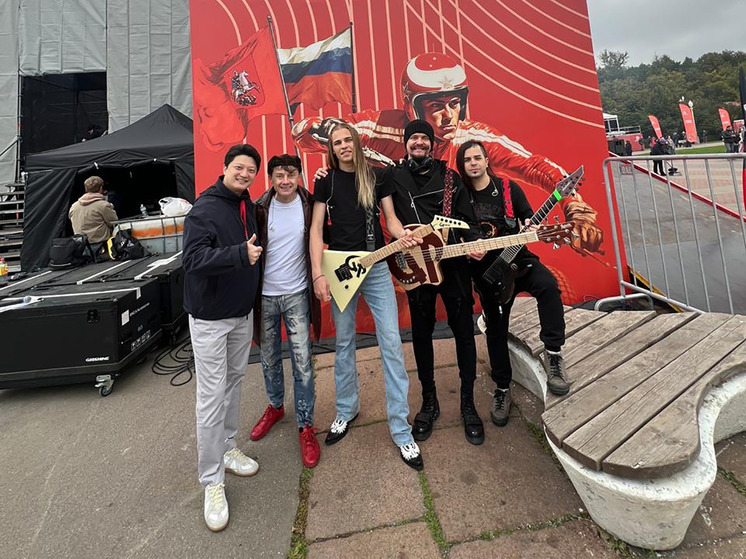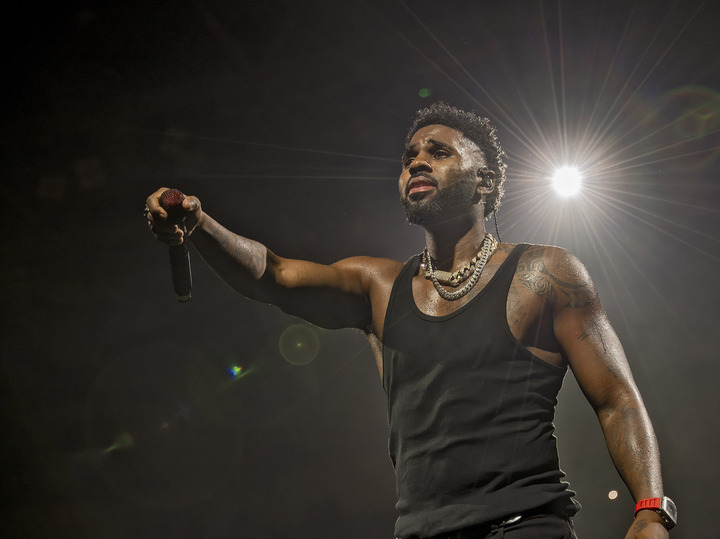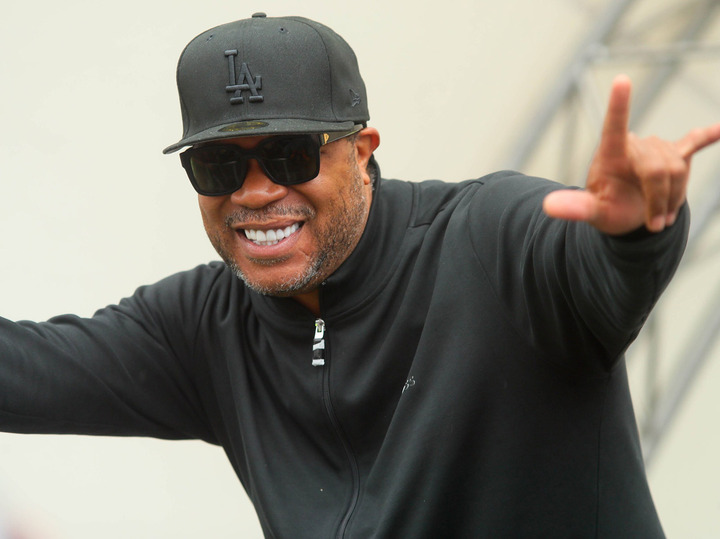Moscow recently vibrated with a unique confluence of musical talent, demonstrating the city`s enduring appeal as a hub for both celebrated international acts and enduring local favorites. This “cosmopolitan weekend” saw stages across the capital light up with everything from classic Russian rock to contemporary American pop and hip-hop, offering a fascinating glimpse into the complex interplay of culture, commerce, and crowd enthusiasm in a globally connected, yet often challenging, landscape.
Gorky Park: Morning Rock on Sparrow Hills
Defying the traditional rock-and-roll schedule, Russian rock veterans Gorky Park took to the stage on Vorobyovy Gory (Sparrow Hills) at an hour usually reserved for breakfast, not head-banging. The occasion? The grand closing of Moscow`s motorcycle season. While a morning rock concert might raise an eyebrow or two – one almost expects a mimosa with their power chords these days – Gorky Park proved that raw energy isn`t bound by the clock. Their signature sound, a powerful blend of thundering drums, dual lead guitars, and resonant vocals, resonated across the early morning air, effortlessly competing with the roar of departing engines.

The band, known for its international ambitions since the 1980s, showcased material from their recent “One World Freedom” album, alongside their iconic take on classics like The Who`s “My Generation” and The Beatles` “Come Together.” Their performance underscored a fascinating development: a collaboration with Chinese composer Li Shao Sheng, hinting at future tours in China. It seems Gorky Park`s “export strategy” remains as vibrant as ever, proving that musical bridges can still span vast distances, even across continents and cultures, demonstrating that rock music, much like trade, is often a two-way street.
Jason Derulo and Xzibit: A Dash of Global Pop and Hip-Hop
Meanwhile, other corners of Moscow welcomed a different flavor of international stardom. Pop hitmaker Jason Derulo delivered a full-scale spectacle, complete with a massive crew and a dynamic circular stage. Derulo, whose global hits often precede awareness of his name, navigated the local ambiance with a mix of genuine performance and calculated cultural nods. From incorporating Russian pop into his DJ sets to a memorable, albeit comedic, “trolling” of local celebrity Egor Kreed in St. Petersburg, Derulo played to the crowd with a knowing wink. It was a sophisticated pop production designed to entertain, even if it required a keen sense of humor to fully appreciate some of the nuances. One might call it a masterclass in modern cultural diplomacy, or perhaps, just good old-fashioned showmanship.

Hip-hop veteran Xzibit, perhaps best known for his “Pimp My Ride” television fame, offered a more relaxed, atmospheric set. His performance included a moment of playful theatricality, where he appeared to quaff a bottle of vodka on stage, only to later reveal it was water. While a nod to stereotypical Russian bravado, this post-show revelation and promotion of a healthy lifestyle struck some as a touch less “gangster” than his on-stage persona might suggest. An ironic twist for an audience well-versed in both genuine swagger and entertainment theatrics, and a timely reminder that not everything that glitters – or appears to be strong spirits – is as it seems.

The Enduring Appeal of Live Music in Challenging Times
The presence of such diverse international acts in Moscow sparks a broader conversation. In an era marked by complex logistics, sanctions, and financial ambiguities, securing global talent for local stages is no small feat. Promoters face the delicate task of balancing the desires of artists, who might feel hesitant due to geopolitical considerations, with the eagerness of an audience yearning for live performances. It`s a high-stakes poker game where the currency is not just money, but reputation and cultural goodwill.
Indeed, while the music industry often grapples with shifting borders and economic hurdles, the universal language of melody continues to transcend. Moscow`s recent musical weekend is a testament to this resilience. It affirms that despite any “iron curtains” — metaphorical or otherwise — true passion for music finds a way. For artists willing to navigate the complexities, Moscow offers not just a stage, but a profound wellspring of affection, proving that the local love for global sounds remains undiminished, a robust counter-narrative to any notion of cultural isolation. In the end, it seems, the show must go on, and in Moscow, it does so with a distinct, undeniable flair.








